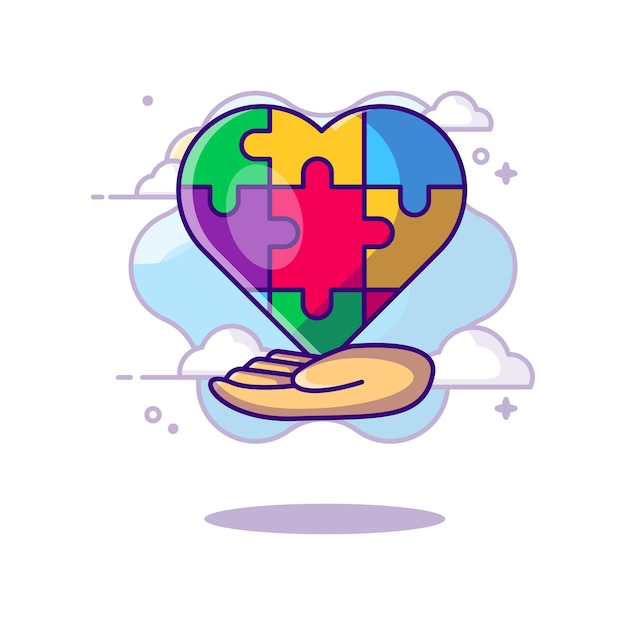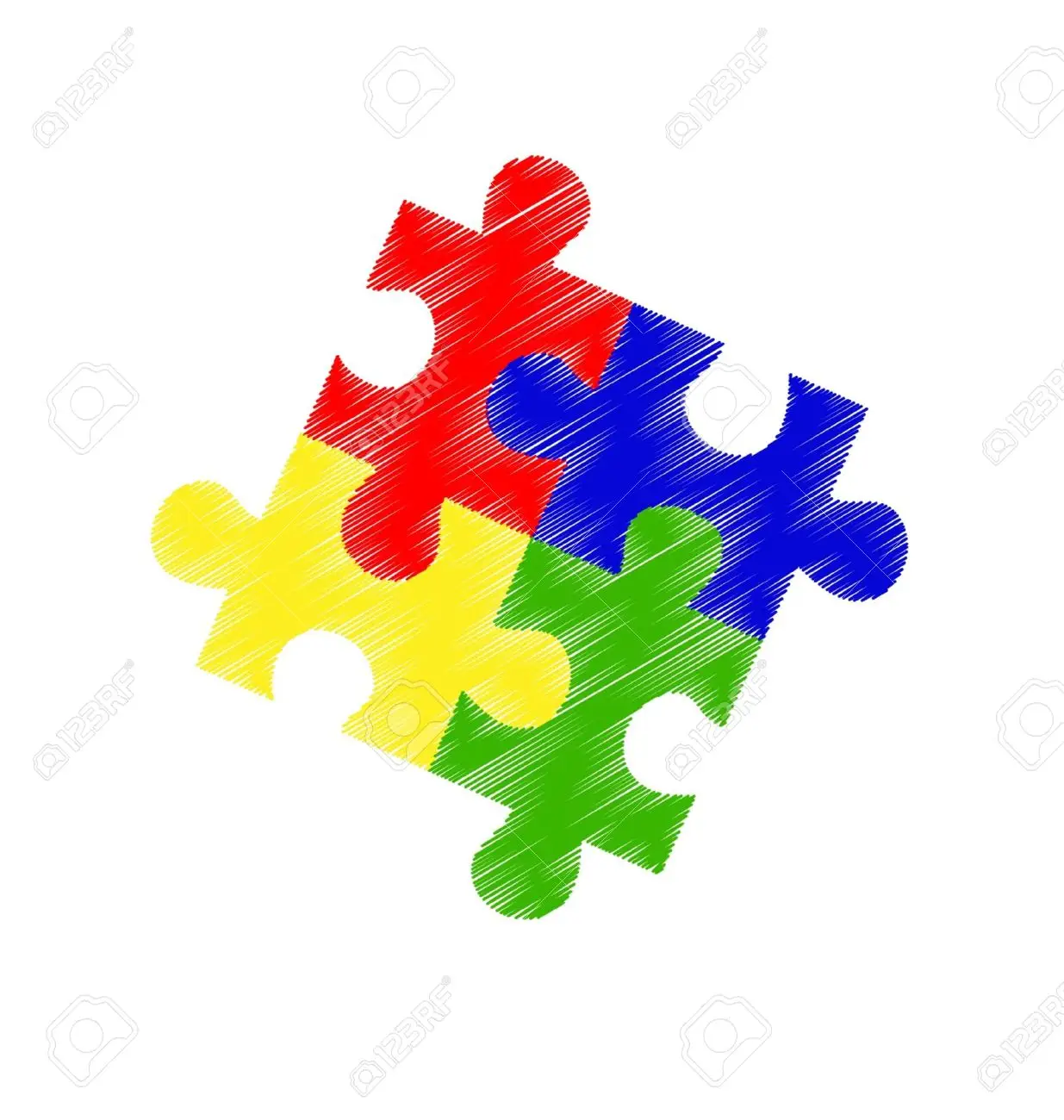Buenos días, para comenzar este artículo primero debemos saber que es T.E.A. ( Trastorno de Espectro Autista).

El TEA es un trastorno del neurodesarrollo de origen neurobiológico e inicio en la infancia, que afecta el desarrollo de la comunicación social, como de la conducta, con la presencia de comportamientos e intereses repetitivos y restringidos. Presenta una evolución crónica, con diferentes grados de afectación, adaptación funcional y funcionamiento en el área del lenguaje y desarrollo intelectual, según el caso y momento evolutivo.
A experiencia personal nos fuimos dando cuentas de eventos inusuales con nuestro hijo.
*Lo primero fue que el niño después que ya sabía hablar dejo de hacerlo de un día al otro.
- Ordenaba sus juguetes por tamaño y color siendo eso algo muy raro para un niño de un año y siempre era la misma secuencia.
*No hacia contacto visual, ni respondía a su nombre.
A raíz de estas señales mi esposa y yo empezamos a investigar toda la información posible. Pudimos toparnos con cosas como.(Que no fue nuestro caso)
Que el niño tiene una conducta asocial con otros niños. (1 año)
No notan cuando una persona puede estar triste o molesta. (9 meses)
Gestos casi nulos de expresión como son sorpresa, felicidad,enojo, etc.(9 meses).
En mi opinión personal el primer paso es aceptar la situación esto ayudará a que todo sea más llevadero y podrás obtener mejor resultados.

Hay que llevar al niño a un pediatra al cual se le participa la conducta que está teniendo el niño, el te deberá referir a otro especialista que sería en este caso el psicólogo.
Empezamos la entrevista con el psicólogo le hará varios ejercicios para conocer las capacidades del niño, para el darte un diagnóstico certero, se le debe hacer exámenes al niño de rutina, más una audiometría y un electroencefalograma.
(no sé preocupen para estos exámenes al niño lo sedan). Esto es para saber si el problema del niño es físico o neuronal.
Estos exámenes van a la par de consultas con otros especialistas como lo son el neuropediatra, psicopedagoga, nutricionista y el psicólogo.
Allí cada especialista le dará las recomendaciones ideales para su hijo, ya que cada caso es diferente.
Que su hijo tenga T.E.A. no significa que todo se acabó al contrario es un nuevo comienzo, son niños súper inteligentes te ayudan a ver la vida desde otro punto de vista, según cada caso pueden llevar más terapias que otros.(Lenguaje, ocupacional o motora).
Y si!! un niño con T.E.A. puede llevar una vida 100% funcional e independiente, pero eso depende de ti como papá o como mamá. Tu eres el único que puedes ayudar a tu hijo junto con los especialistas, porque al fin de cada terapia es tu deber reforzar en casa lo que el niño aprendió día tras día.
Ya mi bebe tiene 3 años ya está empezando a hablar, en español e inglés, ya presta atención, atiende a su nombre, está mejorando mucho, a pesar que aún no tenemos el papel que nos indique su grado de autismo ya sea por qué no tenemos los recursos pero ahy vamos para que nuestro hijo se mejor cada día.
**Entonces para resumirles estos son los aspectos que tienen que observar.
*Atraso en el Lenguaje.
*No atiende a su nombre.
- No hace contacto visual.
*No apunta para señalar.
*Movimientos repetitivos cómo por ejemplo aleteos.
*No notar a otros niños ni jugar con ellos.
*No mostrar expresiones faciales de alegría,tristeza,enojo,sorpresa,etc. - Poner juguetes en secuencias específicas y repetitivas.
Irritarse con facilidad.*
"La mayoría de las personas con TEA tienen otras características relacionadas. Estas podrían incluir:
Retraso en las destrezas del lenguaje
Retraso en las destrezas de movimiento
Retraso en las destrezas cognitivas o de aprendizaje
Conducta hiperactiva, impulsiva o distraída
Epilepsia o trastornos convulsivos
Hábitos de alimentación y del sueño inusuales
Problemas gastrointestinales (por ejemplo, estreñimiento)
Estados de ánimo o reacciones emocionales inusuales
Ansiedad, estrés o preocupación excesiva
No tener miedo o temer más de lo normal."
En inglés
** Good morning, to start this article we must first know what A.S.D. (Autism Spectrum Disorder).**
ASD is a neurodevelopmental disorder of neurobiological origin and onset in childhood, which affects the development of social communication, as well as behavior, with the presence of repetitive and restricted behaviors and interests. It presents a chronic evolution, with different degrees of affectation, functional adaptation and functioning in the area of language and intellectual development, depending on the case and evolutionary moment.
From personal experience we became aware of unusual events with our son.
The first thing was that the child, after he already knew how to speak, stopped doing it from one day to the next.
He ordered his toys by size and color, which was very rare for a one-year-old child and it was always the same sequence.
I didn't make eye contact, nor did I respond to his name.
** As a result of these signs, my wife and I began to investigate all possible information. We were able to take things like. (Which was not our case)**
That the child has asocial behavior with other children. (1 year)
They do not notice when a person may be sad or upset. (9 months)
Almost zero expression gestures such as surprise, happiness, anger, etc. (9 months).
In my personal opinion, the first step is to accept the situation, this will help make everything more bearable and you will be able to obtain better results.
You have to take the child to a pediatrician who is involved in the behavior that the child is having, he should refer you to another specialist who would be in this case the psychologist.
We begin the interview with the psychologist, he will do several exercises to find out the child's abilities, to give you an accurate diagnosis, the child should be given routine tests, plus an audiometry and an electroencephalogram.
(I don't know how to worry about these exams, the child is sedated). This is to know if the child's problem is physical or neural.
These exams go hand in hand with consultations with other specialists such as the neuropediatrician, educational psychologist, nutritionist and psychologist.
There, each specialist will give you the ideal recommendations for her son, since each case is different.
That your child has ASD It does not mean that everything is over, on the contrary, it is a new beginning, they are super intelligent children, they help you see life from another point of view, depending on each case, they can take more therapies than others. (Language, occupational or motor).
And if!! A child with ASD You can lead a 100% functional and independent life, but that depends on you as a dad or a mom. You are the only one who can help your child together with the specialists, because at the end of each therapy it is your duty to reinforce at home what the child learned day after day.
My baby is now 3 years old and is beginning to speak, in Spanish and English, he is already paying attention, paying attention to his name, he is improving a lot, despite the fact that we still do not have the paper that indicates his degree of autism, either why not We have the resources but here we go so that our son gets better every day.
** So to summarize these are the aspects that you have to observe.
*Language delay.
- Does not attend to her name.
- Does not make eye contact.
*Does not point to point. - Repetitive movements such as flapping.
*Do not notice other children or play with them. - Do not show facial expressions of joy, sadness, anger, surprise, etc.
- Put toys in specific, repetitive sequences.
Getting irritated easily.*
"Most people with ASD have other related characteristics. These could include:
Delay in language skills
Delay in movement skills
Delay in cognitive or learning skills
Hyperactive, impulsive, or distracted behavior
Epilepsy or seizure disorders
Unusual eating and sleeping habits
Gastrointestinal problems (for example, constipation)
unusual moods or emotional reactions
Anxiety, stress, or excessive worry
Not being afraid or afraid more than normal."